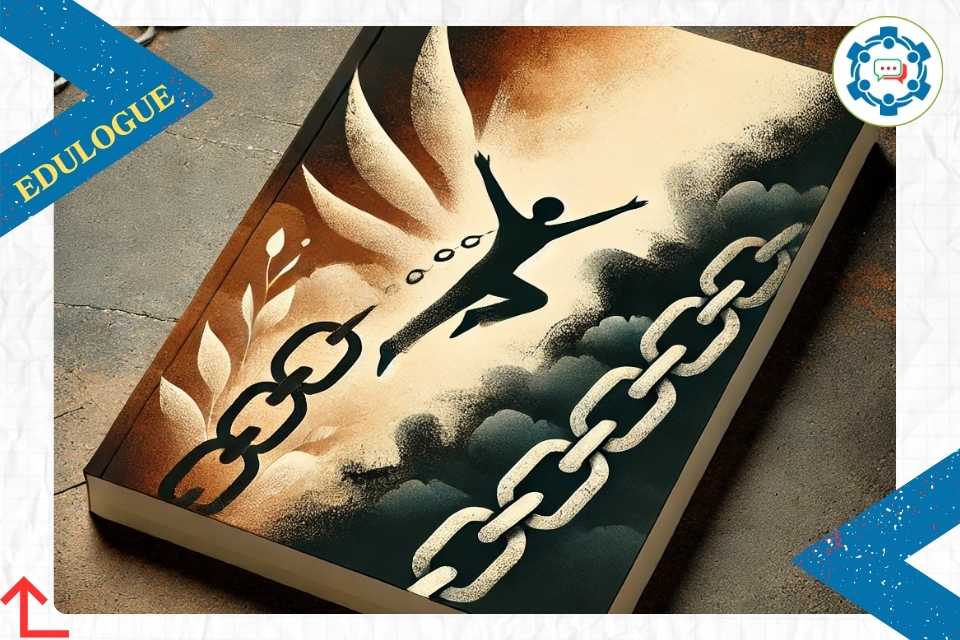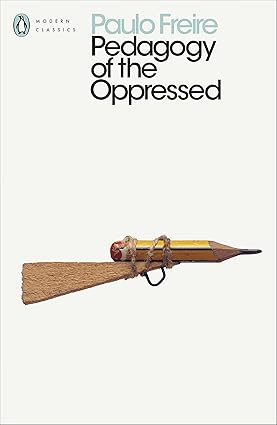

Paulo Freire’s Pedagogy of the Oppressed (1970) is a transformative work that challenges traditional teaching approaches and advocates for education as a tool for liberation. The book seeks to address how education systems often reinforce oppression and how educators and learners can work together to create an equitable, participatory, and empowering learning environment.
Key Concepts
- Banking Model of Education:
Freire criticizes the “banking” approach to education, where teachers deposit information into passive students. He argues that this method dehumanizes learners, treating them as empty vessels rather than active participants in their own education. - Conscientization (Critical Consciousness):
Freire introduces the concept of conscientização, which involves developing an awareness of social, political, and economic oppression. This awareness enables individuals to take action against systems of domination. - Dialogue and Problem-Posing Education:
Education, Freire asserts, should be a dialogical process where teachers and students learn from each other. This approach shifts power dynamics in the classroom and fosters critical thinking, creativity, and agency. - Oppressors and the Oppressed:
Freire explores the dynamics of oppression, highlighting how both groups are trapped in a dehumanizing relationship. Liberation, he argues, requires the oppressed to reclaim their humanity without becoming oppressors themselves.
Implications
Freire’s ideas remain profoundly relevant, offering a blueprint for educators who wish to challenge inequities in education and society. Here’s how his work can be applied in modern contexts:
- Empowering Marginalized Learners: Teachers can adopt problem-posing methods that value students’ lived experiences, enabling them to critically analyze and address real-world challenges.
- Rethinking Classroom Power Dynamics: By embracing dialogue and collaboration, educators can foster inclusive, democratic classrooms where learners are co-creators of knowledge.
- Social Justice in Education: Freire’s principles encourage schools and educators to question systemic inequities and advocate for transformative change.
Related Books
- Teaching to Transgress by bell hooks
A continuation of Freire’s ideas, hooks explores how education can serve as a practice of freedom and empowerment. - Critical Pedagogy: Where Are We Now? by Peter McLaren and Joe L. Kincheloe
This collection examines the evolution and applications of critical pedagogy in various contexts. - Education and Power by Michael W. Apple
A critique of how education systems perpetuate social inequalities and ways to disrupt them.
Further Readings
- Freire, P. (1998). Pedagogy of Freedom: Ethics, Democracy, and Civic Courage.
- Hooks, b. (2003). Teaching Community: A Pedagogy of Hope.
- Giroux, H. A. (2011). On Critical Pedagogy.

